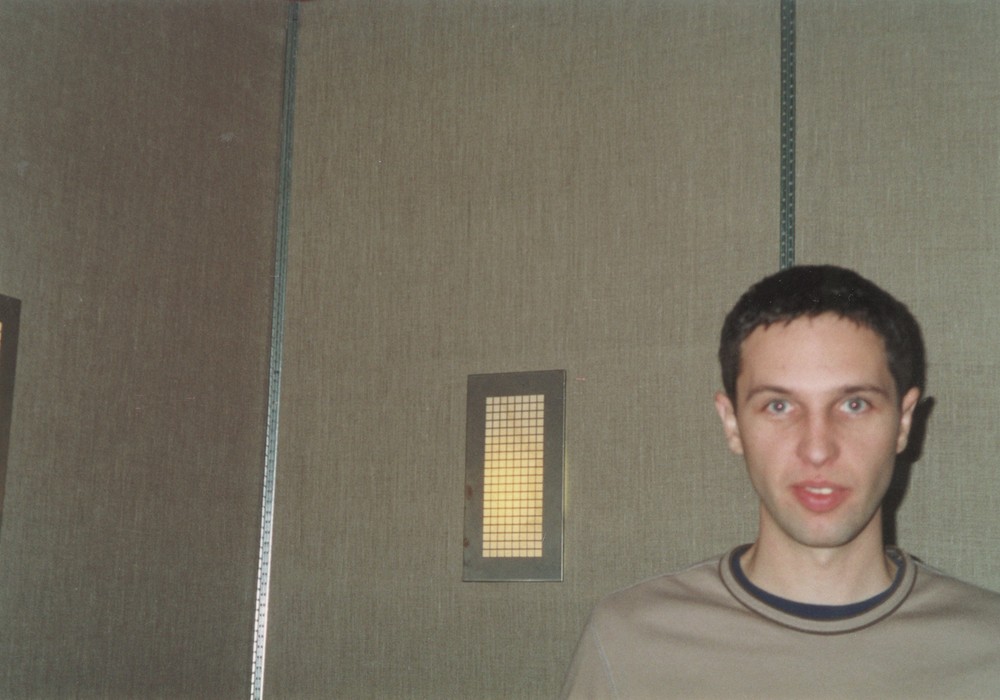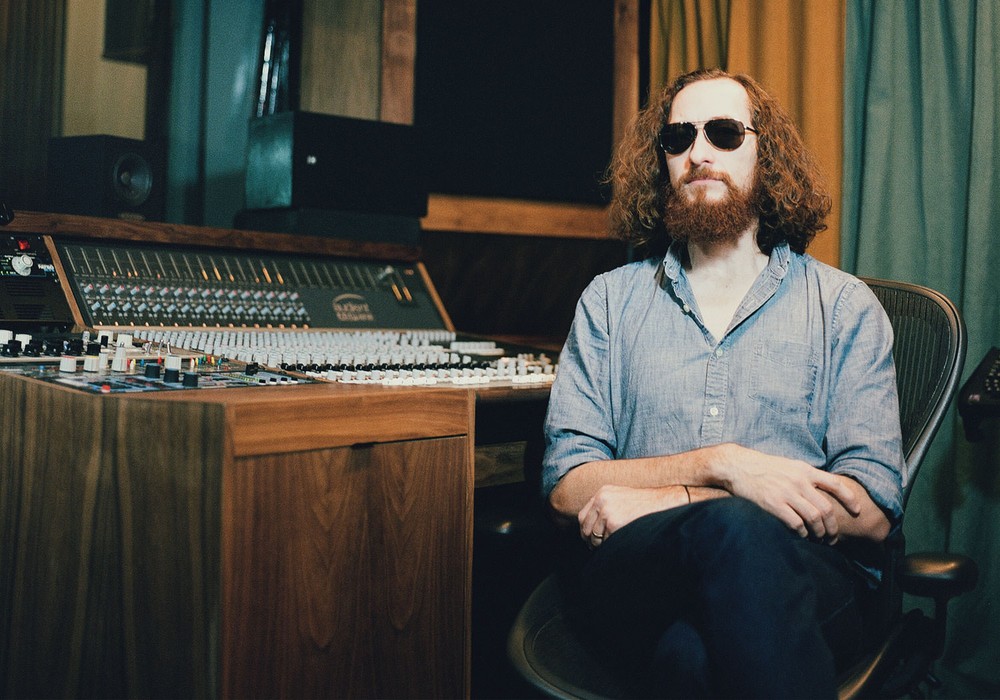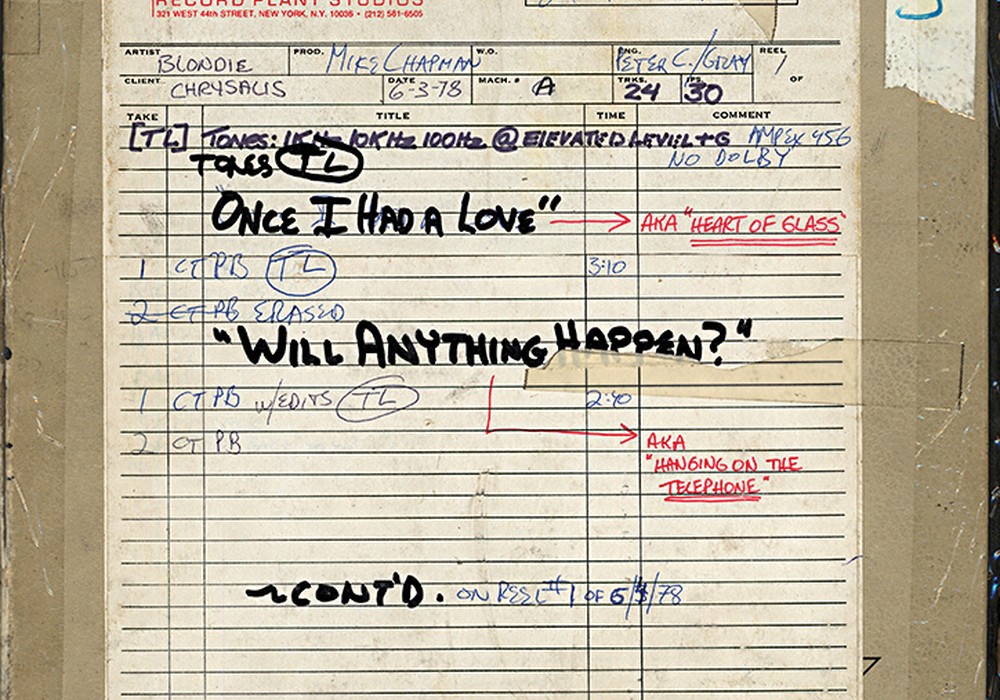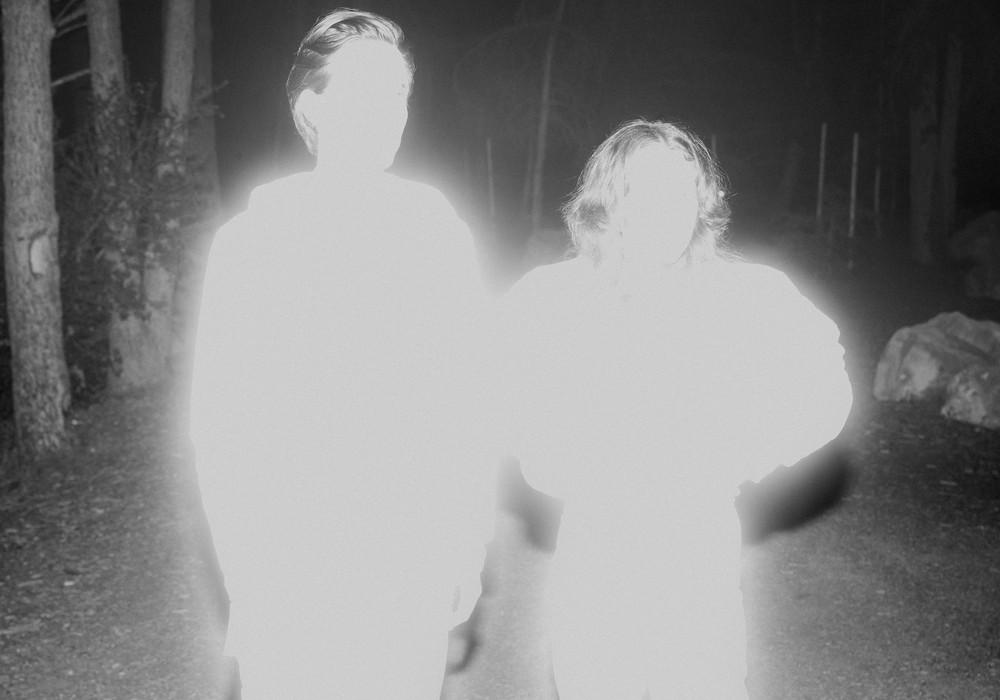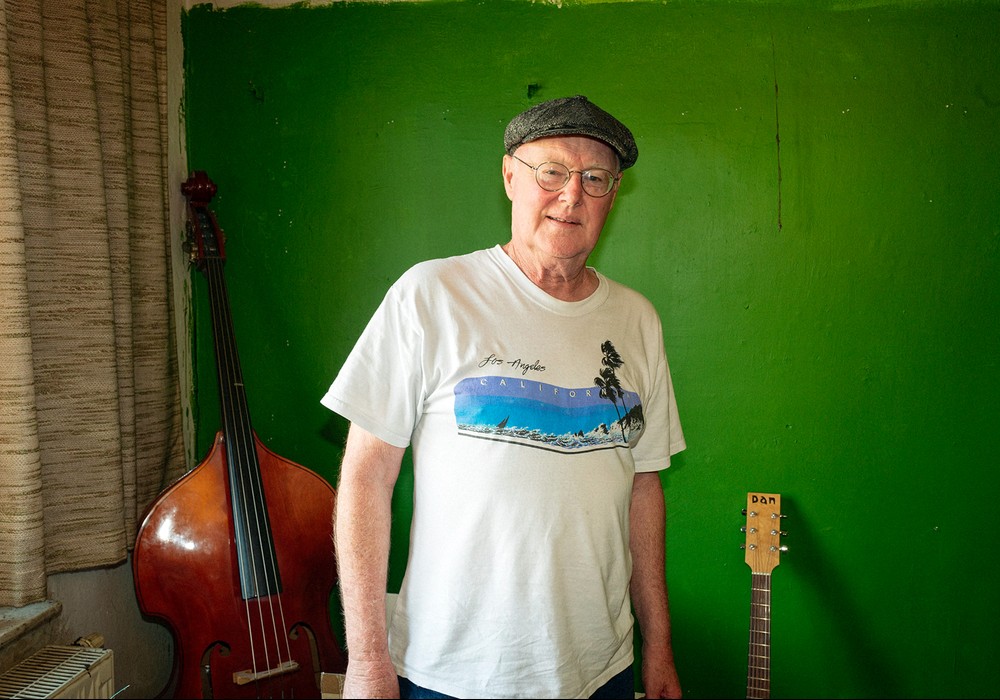I first learned of Shaking Through via an email from Sharon Van Etten, who once played at my old home studio/house/show venue, The Habitat, in San Diego, CA. It turns out she was the first artist chosen to be a part of the unique web-based documentary series co-created and produced by Brian McTear and Peter English. Shaking Through is the first project from the non-profit McTear formed called Weathervane Music, which seeks to advance the careers of musicians while creating a healthier independent music ecosystem, all in spite of disappearing revenue streams in the music industry. The program invites artists to record a brand new song at McTear's Miner Street Recordings in Philadelphia. The entire recording session is video recorded and edited down to a handful of short videos showing the creative and technical process behind the making of the song. Heading into their third year now, I chatted with Brian to uncover the secrets behind the success of this project.
After years of recording and producing at Miner Street, what was the inspiration behind co-creating Shaking Through?
I was recording an album in 2001 with my friend, Matt Pond. On the drives to and from the studio we began to talk about writers and artist retreats; those idyllic places where someone receives a grant to work on their art for some extended period of time. I continued exploring the idea with a friend from high school named Bill Robertson. We could tell that the music industry was a bubble and file sharing was the needle about to burst it. While people imagined it would only hurt those at the top, we knew that it would ultimately lead to a situation where the industry wouldn't invest in new artists anymore. We thought that was pretty grim for the first several years, but in 2009 — when we started Weathervane Music — we realized it could actually be a great opportunity to make artists and audiences "partners" in the creation of new music; a relationship that could be great for music... maybe even "save" it.
I know you are raising money through Kickstarter, but what other groups or companies are lending support?
The support comes from the public. That's a key distinction about non-profits. It makes sense to us because what we do is intended to benefit artists, audiences, other non-profits, and even for-profits. The work is not proprietary. Hopefully it will yield new models that will benefit all arts and culture. Weathervane has also received financial support for Shaking Through from WXPN, an NPR affiliate in Philadelphia, as well as The Pennsylvania Council on the Arts and The Hauswald Fund of the Philadelphia Foundation. Miner Street, the studio I own and operate, provides free studio time, as well as lodging accommodations. We get pizza from Rustica Pizza — and it's excellent! In the long run we hope to establish a membership program and attract corporate sponsorship for the series too. There's a lot of great potential here as we build a big community!
With the studio time donated, where are the rest of the raised funds allocated? The engineers and video crew? The audio and video quality is really impressive.
The money pays the studio engineers, the video camera operators, field audio operators, and editors to work at about half of their going rate. Our staff; currently two full time people and about three part-timers, don't get paid at all. Of course, none of this is sustainable — eventually even the most dedicated staffers have to stop working for nothing. So we need to improve our revenue streams. Any non-profit is two businesses under one roof: The first is the business of setting and achieving their mission. The second is the business of funding their mission. Our mission, I feel, we hit out of the park. Revenue streams and fundraising, well, we're working on those.
You always include a technical video about the recording session, along with the video of the band recording their song, plus you offer up the raw tracks/stems of the session. What were your thoughts behind doing these things?
There are two components: Firstly, it's part of our vision to help bring about a greater audience investment in the music they love. Deeper understanding of what goes into making that music — the ideas, the creativity, the excitement and, let's face it, hard work — will help people understand that music isn't automatic. It's a product of collaboration and dedication. We want to increase the general awareness of these things and, perhaps by doing so, this will increase the overall value of music within our culture. Secondly, the inclusion of the technical information is for the musicians and aspiring engineers out there. I spent a good decade or so reinventing the wheel. If only I could have heard and manipulated raw tracks that were recorded professionally in 1998, I would have progressed so much faster! Part of it was my fault. I spent so much of my energy not trusting what was out there on a purely aesthetic basis. It was stupid. But I also had no exposure to anything but what I recorded myself. Giving access...
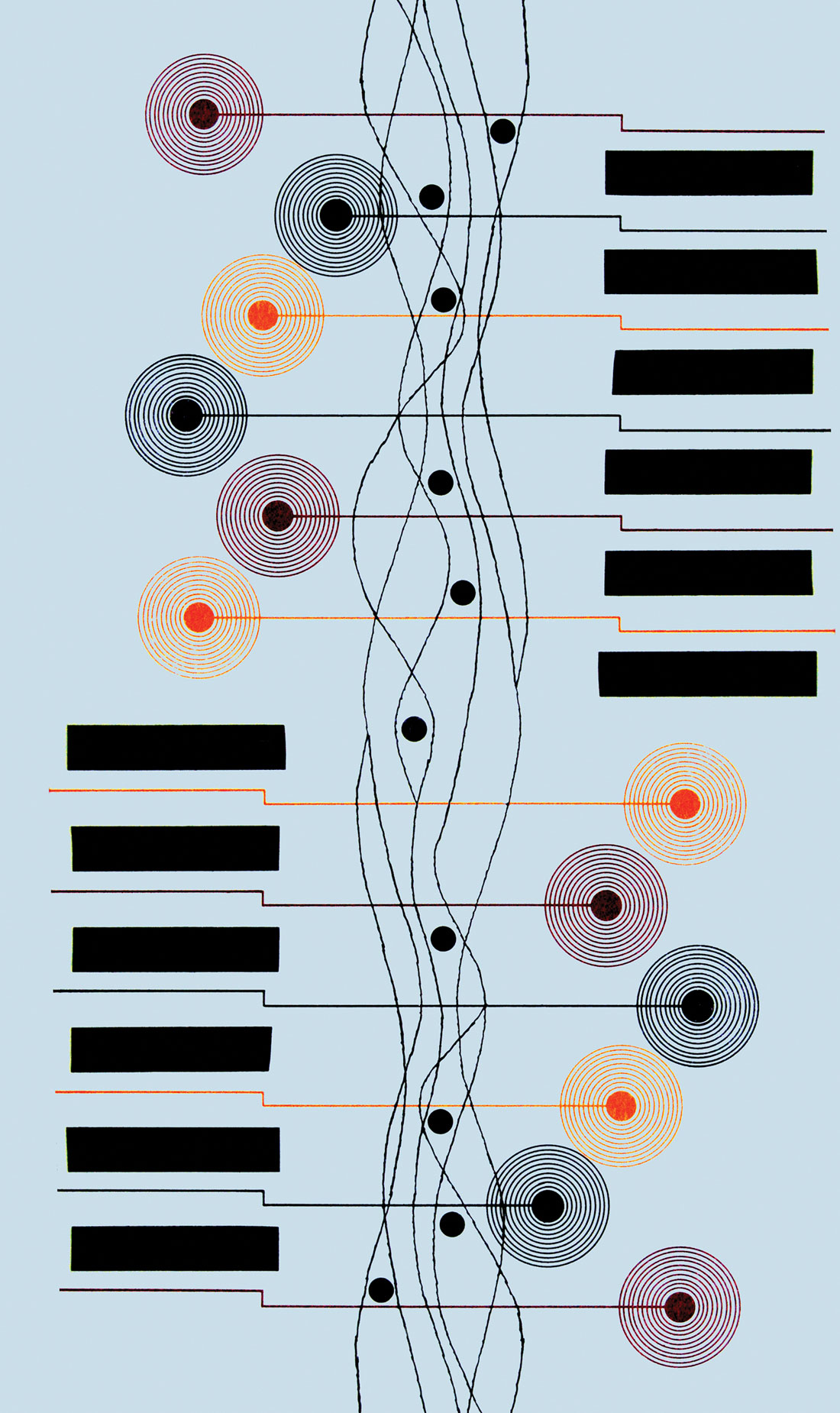

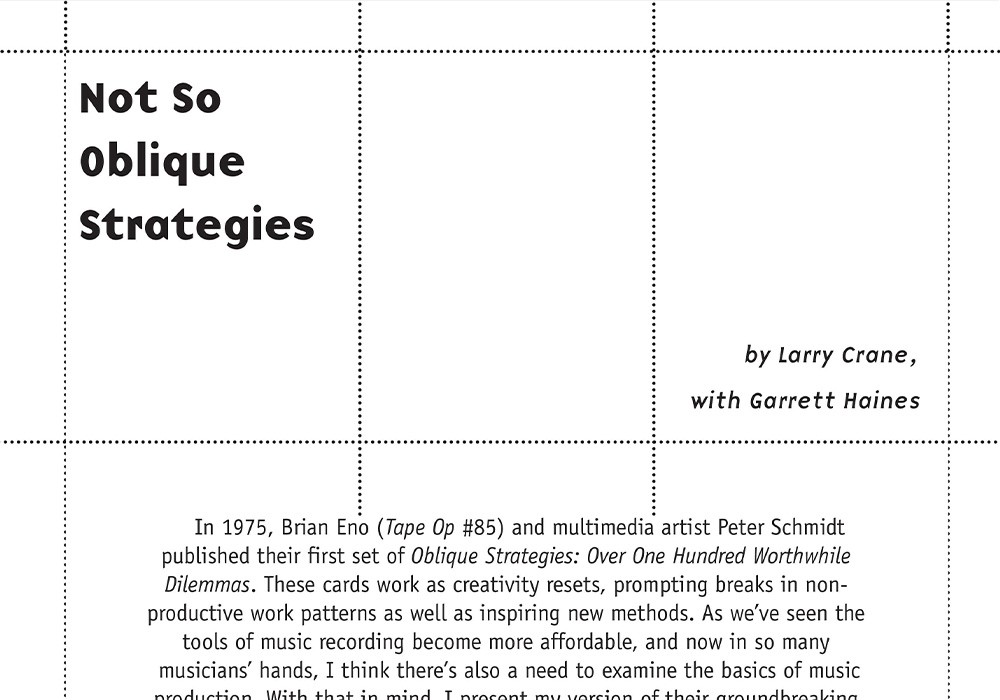
_display_horizontal.jpg)
